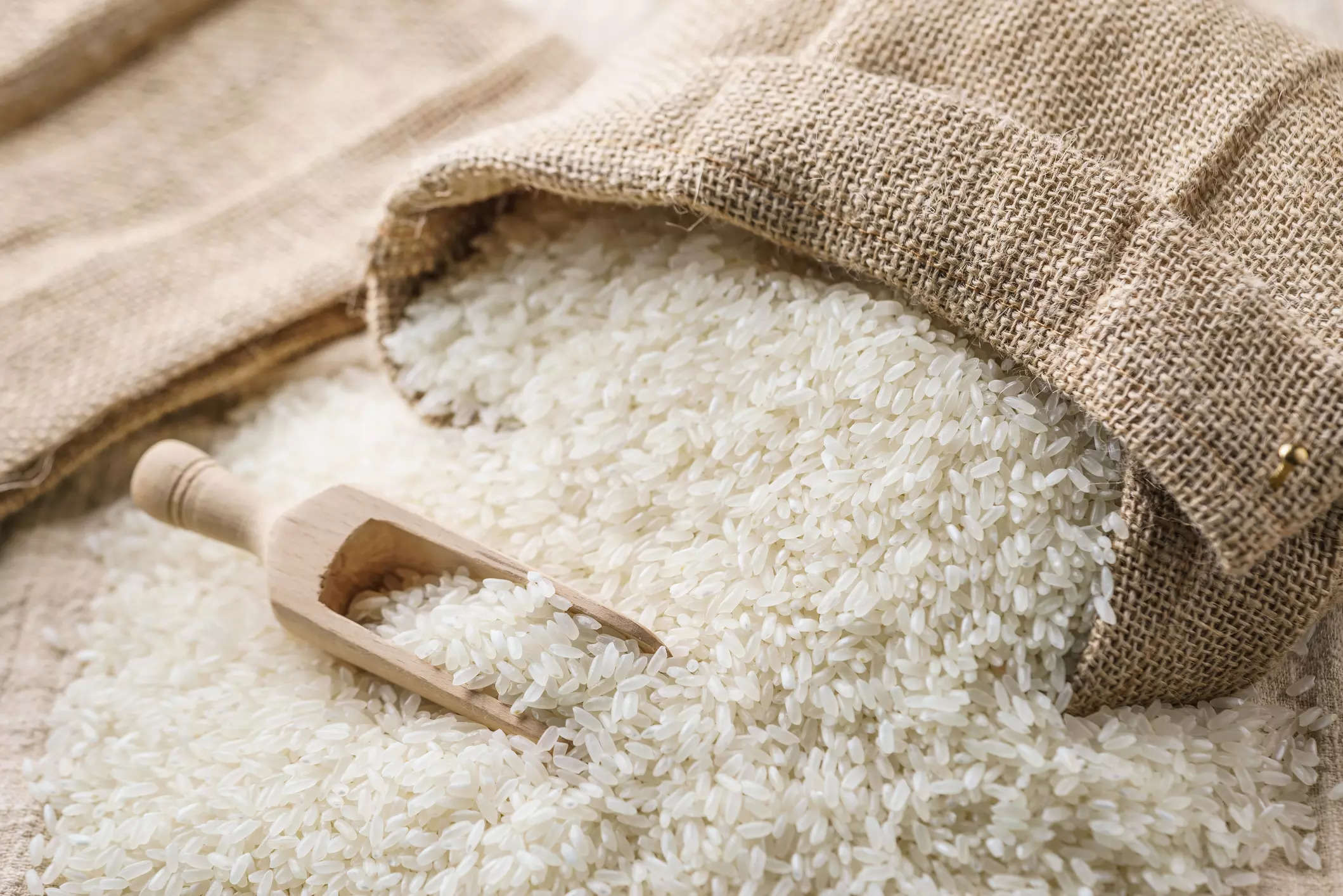
[ad_1]
The peace clause protects India’s meals procurement programmes in opposition to motion from WTO members in case the subsidy ceilings (de minimis)—10% of worth of meals manufacturing within the case of India and different creating international locations—are breached.
New Delhi had first invoked the clause in 2020 when it grew to become the primary nation to take action.
“The de minimis degree for rice has been exceeded pursuant to the assist offered by way of public stockholding programmes
for meals safety functions which have been in existence as of the date of the Bali Ministerial Choice on Public Stockholding for Meals Safety Functions,” India advised the WTO.
India additional mentioned that the shares below the programme are acquired and launched with the intention to meet the home meals safety wants of India’s poor and weak inhabitants, and to not distort commerce or
adversely have an effect on the meals safety of different WTO members.“For these causes, the breach of the de minimis limits for rice is roofed by the peace clause set out within the Bali Ministerial Choice on Public Stockholding for Meals Safety Functions,” it mentioned in a notification.India gave enter subsidy value $48.13 billion to its low-income or resource-poor producers for advertising and marketing yr from October 1, 2022 to September 30, 2023.
This contains assist for irrigation, fertilizers, and electrical energy. As per the agricultural census for the yr 2015-16, 99.43% of farm holdings are of low-income or useful resource poor farmers.








